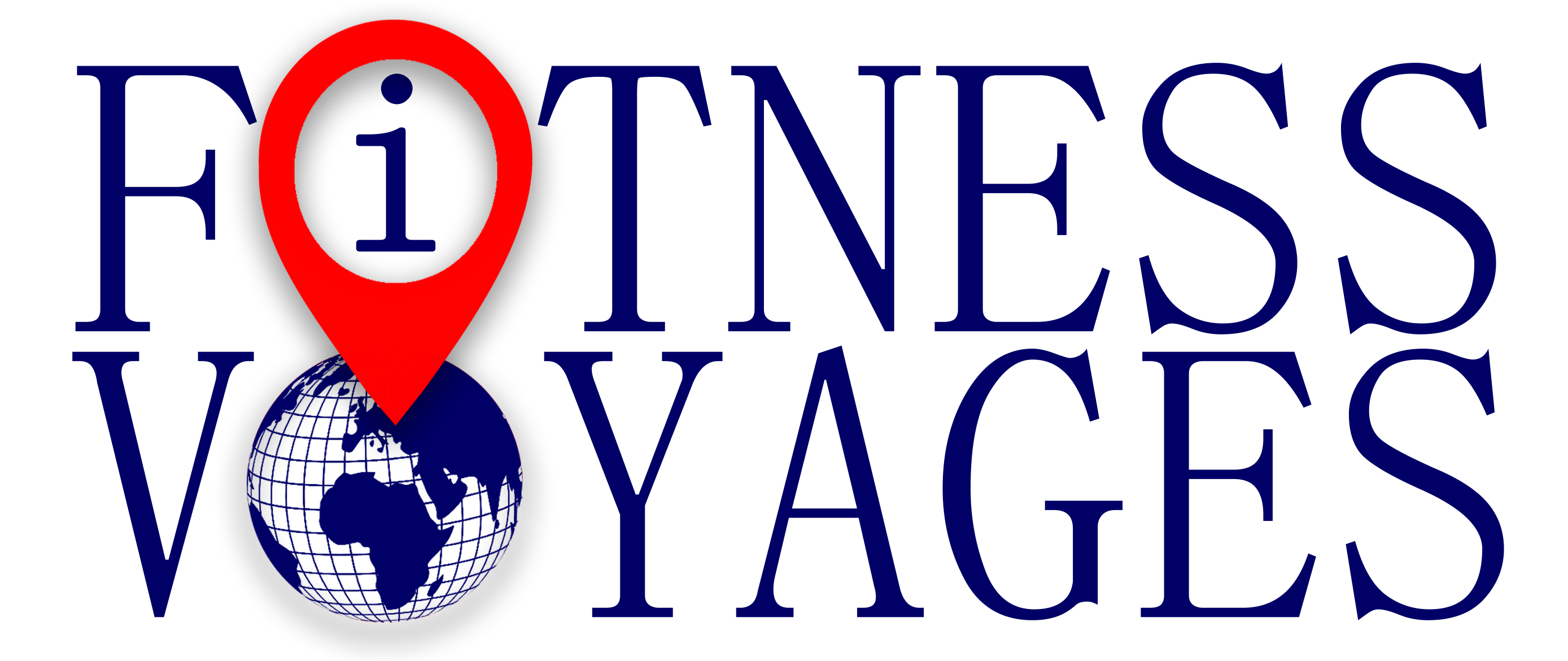How New Environments Help You Master Your Identity
Today, I want to talk about a force that shapes our lives in ways we often overlook – the environments we place ourselves in. As human beings, one of our most powerful drives is the pursuit of competence. We all yearn to be skilled, to understand, to excel. But what many of us don’t realize is that mastering our identity – the very essence of who we are – often requires stepping into new, unfamiliar environments that push us to adapt, learn, and grow.
Think about it. A child’s whole world is about mastering a new level of identity by learning to understand their environment. This drive for competence is what propels us forward. The more confident you become in your ability to step into any situation, learn from it, and handle it effectively, the more your self-esteem, self-reliance, and success will grow. To nurture this growth, I invite you to set a new learning challenge for yourself every 30 days.
Moving to a New Country: Learning Resilience
I remember the first time I truly understood this: I was 21 years old and had just moved from Sofia, Bulgaria, to the United States. It was my first time living so far from home, away from everything I knew – my family, my friends, and even my language. I arrived in Arlington, Virginia, wide-eyed and overwhelmed. It was an entirely new world, and I felt as if I had been dropped into a foreign movie set where I didn’t understand the plot or the characters.
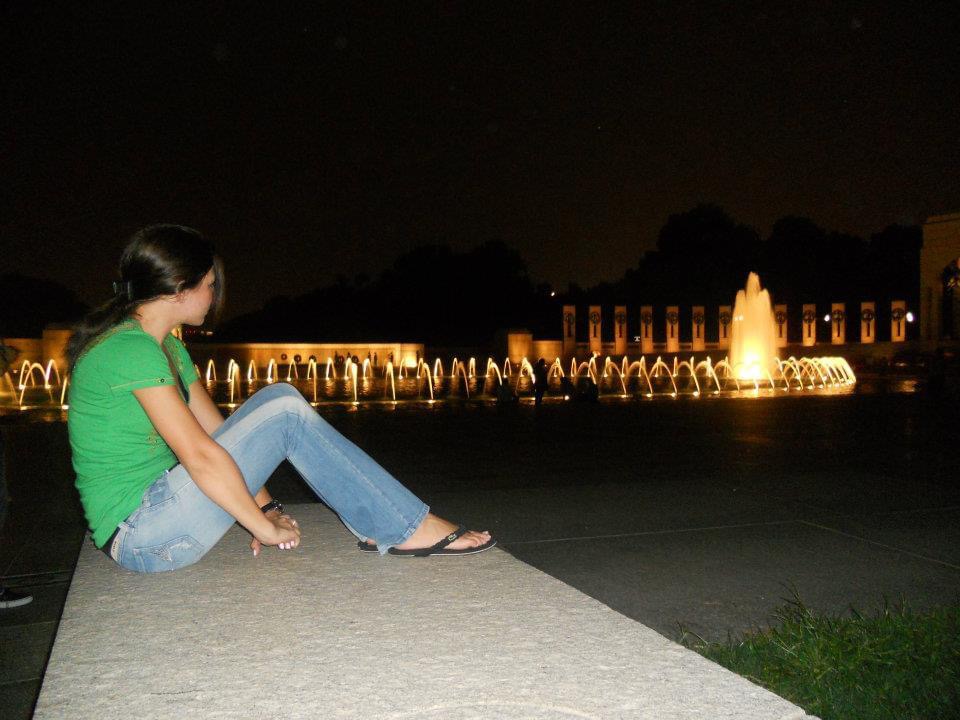
It wasn’t just the big cultural differences that made it challenging. Every little detail seemed like a puzzle to solve. Grocery shopping felt like navigating a maze. Making small talk in English, which was not my native language, was nerve-wracking. I would overthink every word, wondering if I sounded awkward or if my accent was too thick. I had studied English back home, but there’s a vast difference between classroom English and the fluid, fast-paced conversations of everyday American life. There were moments when I felt lost, not just in a physical sense, but in a deeper, personal way.
Yet, as time passed, I began to notice subtle shifts in myself. I became more confident. I learned to navigate without the safety net of familiarity, I started to feel more comfortable with English, and even made a few friends along the way. I began to feel like I belonged. This transformation didn’t happen overnight – it was the result of countless small victories, moments of pushing through the discomfort, and embracing the unfamiliar. It was through this experience that I started to realize how profoundly new environments shape who we are and how we see ourselves.
The Trap of Comfort: How Staying in One Place Limits Growth
When you stay in the same place, surrounded by the same people, doing the same things, you become comfortable. And while comfort can be a beautiful thing, it can also be a trap. It lulls us into a false sense of security, making us believe that we’ve reached our full potential when, in reality, we’re only scratching the surface. I’ve found that the more comfortable we are, the less likely we are to stretch ourselves. But stepping into new environments forces us to confront our own limitations, and that’s where true growth begins.
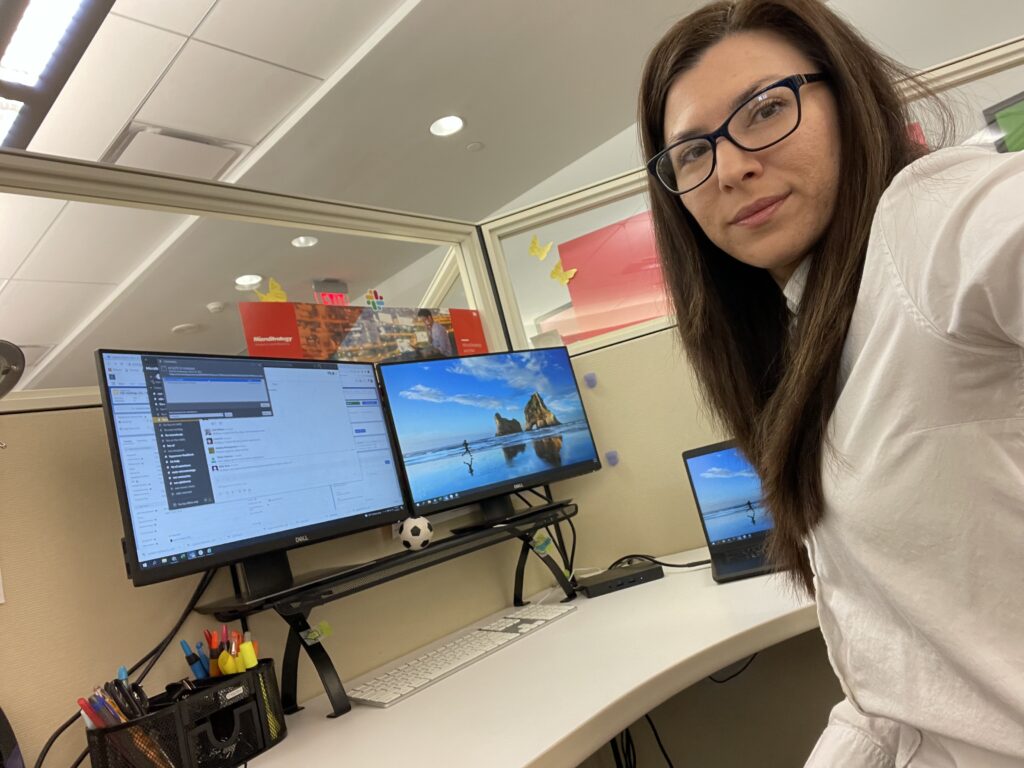
Take, for example, my experience with starting a new job while still in college. I was juggling a full course load and trying to fit into a workplace filled with seasoned professionals. I felt out of my depth. I remember on my first day, I walked into the office feeling small and uncertain. The environment was fast-paced, everyone seemed to know exactly what they were doing, and I was the only one who had to ask questions about even the simplest tasks.
But there was a certain determination that pushed me forward. I didn’t want to let fear keep me from learning. So, every evening after my classes, I would stay late, reading up on work processes and studying manuals that others had long since forgotten. Slowly but surely, I started to pick things up. I learned to navigate the software, handle client calls, and even manage small projects on my own. Over time, I went from feeling like an imposter to feeling like a contributor. It wasn’t that I had mastered every skill overnight – it was that I had proven to myself that I could handle the unknown, that I could learn and grow even when I started from zero.
Exploring New Cities And Hobbies
New environments, whether it’s a new job, a different city, or even a challenging situation, have a way of shaking us awake. They demand that we adapt, learn, and grow. They push us to confront parts of ourselves we may not even know existed. And in doing so, they help us master our identity. Stretch your knowledge beyond what you’re currently capable of, and you’ll discover aspects of yourself that were hidden before.
Another experience that changed me profoundly was discovering my love for travel. It’s like stepping into a blank canvas where I could create my own story. Over time, I realized that traveling wasn’t just about sightseeing; it was about immersing yourself in different cultures, embracing the unexpected, and finding beauty in every unique place. Each new city offered me a chance to rediscover myself – to see a new purpose for being there, what would catch my interest, and where I’d find my own rhythm.
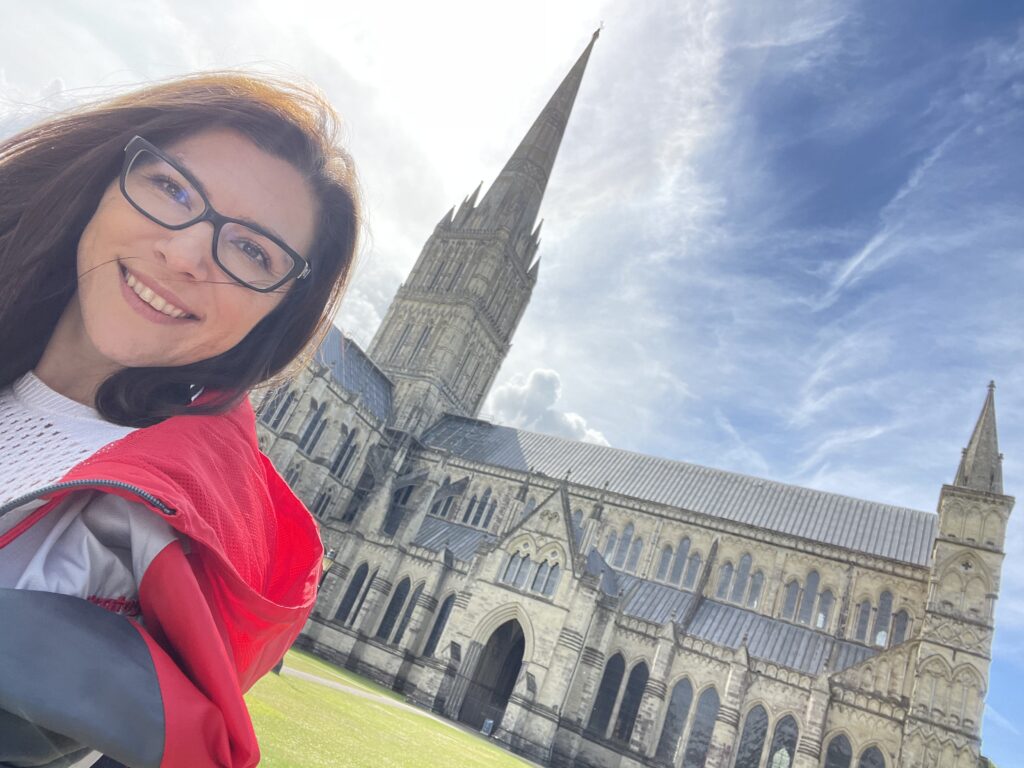
Traveling alone taught me more than just how to read maps or plan itineraries. It taught me to be adaptable, to find comfort in the unfamiliar, and to appreciate the diversity of experiences that different environments bring. With each trip, I grew more confident and more curious, and I started seeking out more meaningful experiences at each destination. In every new place, I felt like a different part of me came alive. It was in these adventures that I truly understood that our identities are not fixed. We are shaped and reshaped by the places we explore and the people we meet along the way.
Stepping Out of Your Comfort Zone: A Path to True Growth
New environments test your values, your beliefs, and your resolve. They show you what truly matters to you and what you’re capable of when faced with the unknown. For example, when I took up archery, I didn’t expect it to be such a mental challenge. It looked straightforward enough – just aim and shoot. But I quickly learned that hitting a target requires more than just physical precision. It’s about focus, breathing, and being completely present in the moment. The first few times I missed the target entirely, I felt frustrated. But those misses taught me more than any success ever could. They taught me to quiet my mind, to embrace failure as part of the learning process, and to celebrate small improvements. In archery, just as in life, it’s often the misses that show us where we need to adjust.
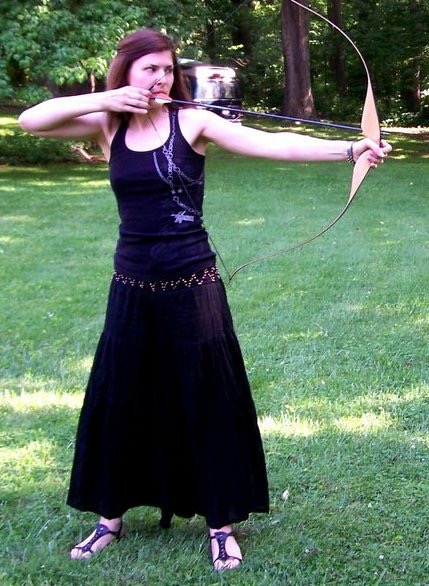
Each of these experiences – moving to a new country, starting a challenging job, learning archery, and traveling – helped me see myself in new ways. They reminded me that my identity is not fixed. We are not bound by the roles or labels we’ve always known. Instead, we are constantly evolving, shaped by our experiences and the environments in which we immerse ourselves.
Embracing the Unfamiliar to Master Your Identity
So, I challenge you today: don’t shy away from the unfamiliar. Seek out new environments, embrace challenges, and allow yourself to be uncomfortable. Because it’s in these moments of discomfort that true growth happens. It’s where you begin to master not just the skills you need to succeed, but the understanding of who you are and what you’re truly capable of. Find new hobbies and travel often.
Remember, mastering your identity is not about knowing all the answers. It’s about being willing to explore, to adapt, and to grow. It’s about recognizing that every new environment is an opportunity – a chance to become a more competent, confident, and complete version of yourself.
So, go out there, step into the unknown, and rediscover yourself in a new environment. You may just find that the person you become is someone stronger, braver, and more capable than you ever imagined.


